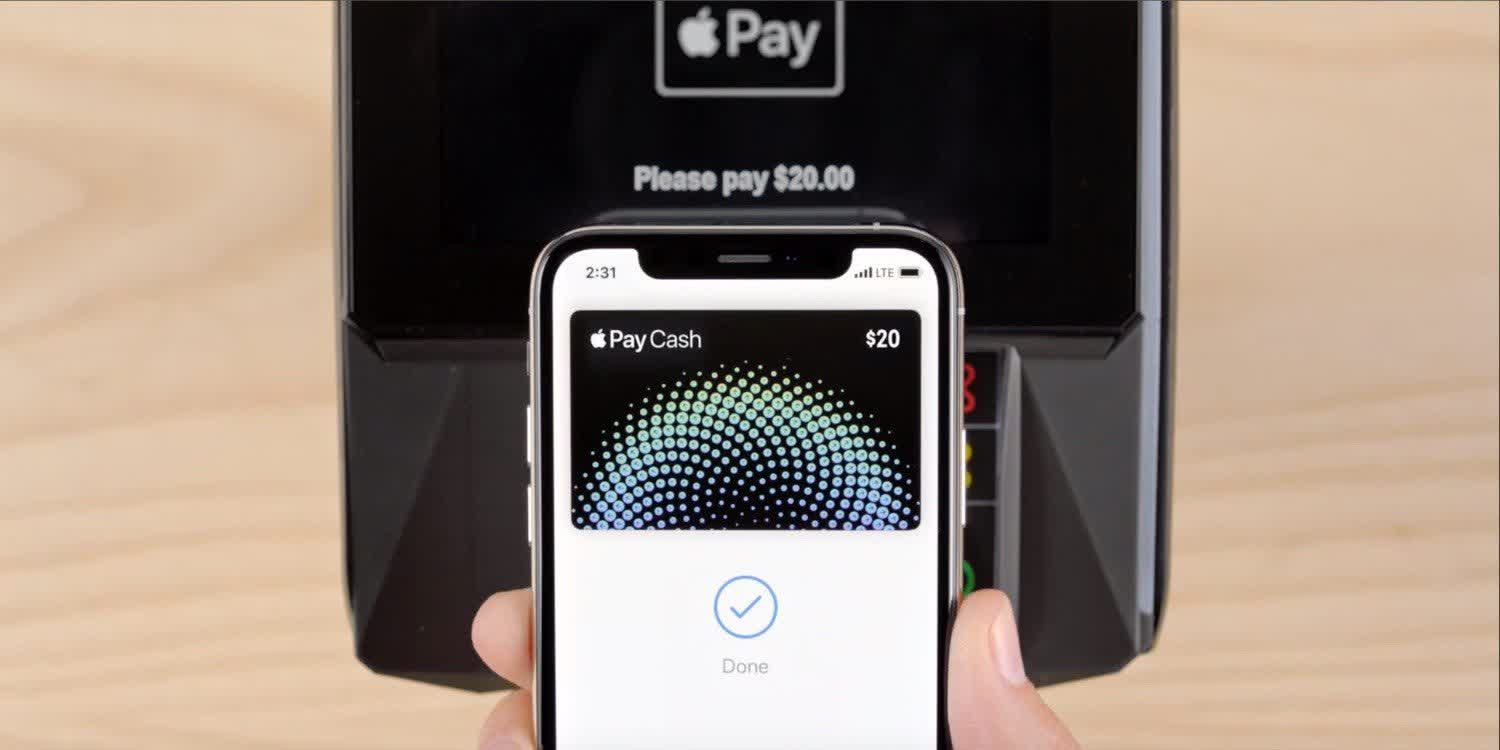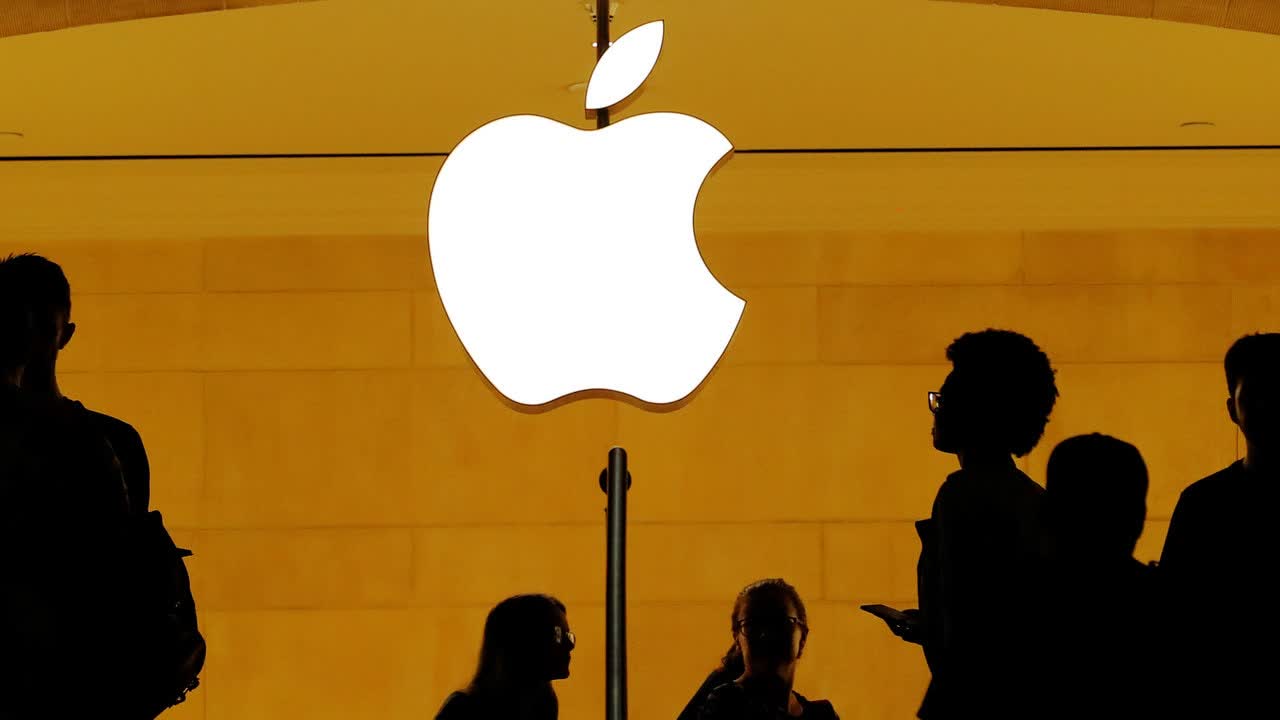In brief: Apple has long been criticized for locking down NFC functionality and restricting it to Apple Pay, which is seen as an anticompetitive move that keeps competitors at bay. The EU is looking to introduce new legislation that will force the company into allowing alternative payment services to coexist with Apple Pay on its devices.

For years, we've heard that Apple may eventually expand NFC functionality on iPhone and Apple Watch beyond Apple Pay. That thought has yet to materialize, as is the dream of many payment processors to have the opportunity to compete with Apple Pay.
Last year, Germany set a precedent by passing a law that essentially forces Apple into exposing the NFC interface in its devices to rival payment services for a reasonable fee. More recently the European Commission has been drafting similar rules that would apply across 27 member countries and level the playing field.

According to a Bloomberg report, the new rules are expected to be unveiled alongside several other proposals next week, and are part of a broader digital policy strategy that will unfold in the coming years. The European Commission doesn't specifically mention Apple in the preliminary documents, but the company is being investigated for its potentially anti-competitive App Store and Apple Pay policies.
The Cupertino giant says it restricts access to NFC for security reasons, as well as to preserve the user friendliness that many of its customers love. However, the EU doesn't buy that argument, and for more than a year has been asking online retailers if they're contractually obligated to use Apple Pay.
The good news for Apple is that the EU will wait until 2022 before making any legislative changes to its current digital policy. Markus Ferber, who is a member of the European Parliament, believes the new rules are overdue and that tech companies offering financial services should see further scrutiny.
https://www.techspot.com/news/86806-new-eu-legislation-set-force-apple-share-access.html